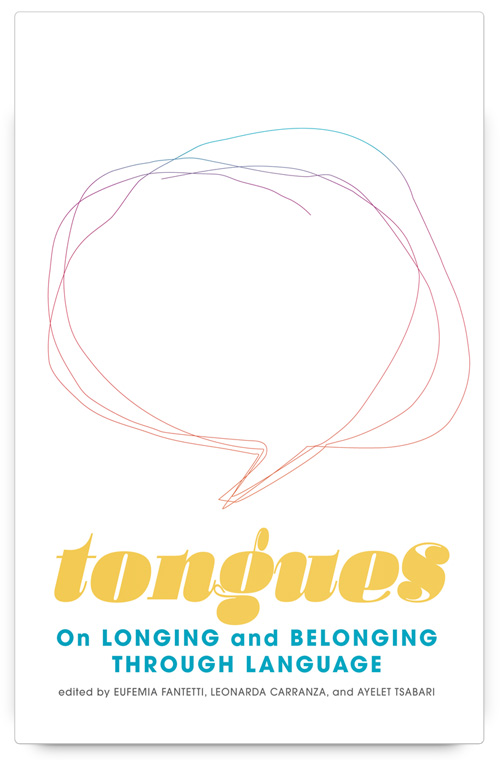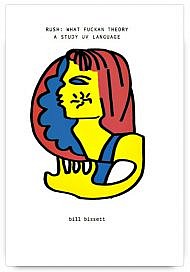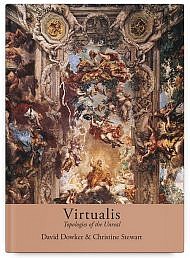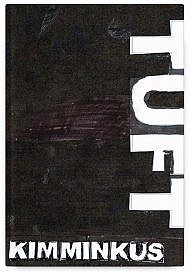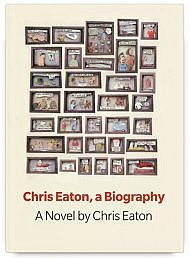In this collection of deeply personal essays, twenty-six writers explore their connection with language, accents, and vocabularies, and contend with the ways these can be used as both bridge and weapon. Some explore the way power and privilege affect language learning, especially the shame and exclusion often felt by non-native English speakers in a white, settler, colonial nation. Some confront the pain of losing a mother tongue or an ancestral language along with the loss of community and highlight the empowerment that comes with reclamation. Others celebrate the joys of learning a new language and the power of connection. All underscore how language can offer both transformation and collective healing.
Tongues: On Longing and Belonging through Language is a vital anthology that opens a compelling dialogue about language diversity and probes the importance of language in our identity and the ways in which it shapes us.
With contributions by Kamal Al-Solaylee, Jenny Heijun Wills, Karen McBride, Melissa Bull, Leonarda Carranza, Adam Pottle, Kai Cheng Thom, Sigal Samuel, Rebecca Fisseha, Hege Anita Jakobsen Lepri, Logan Broeckaert, Taslim Jaffer, Ashley Hynd, Jagtar Kaur Atwal, Téa Mutonji, Rowan McCandless, Sahar Golshan, Camila Justino, Amanda Leduc, Ayelet Tsabari, Carrianne Leung, Janet Hong, Danny Ramadan, Sadiqa de Meijer, Jónína Kirton, and Eufemia Fantetti.
Press Coverage:
57 works of Canadian nonfiction coming out in fall 2021 —CBC Books
2021 Best of Fall Guide: Nonfiction —Quill & Quire
35 books you need to know about in fall 2021 —Toronto Star
“Astonishingly consistent in calibre, Tongues: On Longing and Belonging through Language is one of the finest anthologies published in recent years and should be required reading on syllabuses across the country.” —Sheniz Janmohamed, Quill & Quire
Reading List: Fall brings hearty, heady books for longer days —Stir Magazine
Tongues: On Longing and Belonging through Language — An Excerpt from Karen McBride —New Canadian Media
Reflections from the Contributors of Tongues: On Longing and Belonging through Language —All Lit Up
How common, and uncommon, terms in English set up a linguistic prison for disabled people: An excerpt from Amanda Leduc’s essay
Shrapnel’s Fall Favourites of 2021
“The collection is an extraordinary achievement, one that succeeds in creating a colourful tapestry out of the hundreds if not thousands of languages that live within the soul of the inhabitants of this land we call Canada.” —Baisakhi Roy and Andreina Romero, New Canadian Media
King’s 2021 Holiday Reading List —University of King’s College
TNC columnist Antanas Sileika reviews Tongues —The Next Chapter with Shelagh Rogers, CBC Radio
“Disappearance/Muteness”—Tales from a Life in Translation —Ayelet Tsabari, The Markaz Review
Eufemia Fantetti is a graduate of The Writer’s Studio at Simon Fraser University and holds an MFA in Creative Writing from the University of Guelph. Her short fiction collection, A Recipe for Disaster and Other Unlikely Tales of Love, was runner up for the Danuta Gleed Literary Award and winner of the F.G. Bressani Prize. She is a winner of the Event Magazine Non-Fiction Contest, and a three-time winner of the annual Accenti Writing Contest. Her writing has been nominated for the Creative Nonfiction Collective Readers’ Choice Award and was listed as a notable essay in the Best American Essay Series. My Father, Fortune-tellers and Me: A Memoir was released in 2019. She teaches at Humber College and the University of Guelph-Humber and co-edits The Humber Literary Review. She lives in Toronto.
Leonarda Carranza was raised in Tkaronto and born in El Salvador to a mixed-race family of Afro-Indigenous ancestry. She currently resides in Brampton, Ontario, part of the Treaty Lands and Territory of the Mississaugas of the Credit. She holds a PhD in social justice education from the University of Toronto. Her children’s book, Abuelita and Me, will be published in 2022. She is the winner of Briarpatch Magazine’s Writing in the Margins contest, was shortlisted for PRISM International’s short forms contest, and won Room’s 2018 short forms contest for her piece, “White Spaces Brown Bodies.”
Ayelet Tsabari was born in Israel to a large family of Yemeni descent. She wrote her first story in English in 2007. She is the author of The Art of Leaving, winner of the Canadian Jewish Literary Award for Memoir, finalist for the Writer’s Trust Hilary Weston Prize, finalist for the Vine Awards for Nonfiction, and an Apple Books, CBC Books, and Kirkus Review Best Book of 2019. Her first book, The Best Place on Earth, won both the Sami Rohr Prize for Jewish Literature and the Edward Lewis Wallant Award for Jewish Fiction, was longlisted for the Frank O’Connor International Short Story Award, was a New York Times Book Review Editors’ Choice and Kirkus Review Best Book of 2016, and has been published internationally. Her translations appeared in the New Quarterly, Berlin Quarterly, Paper Brigade, and Mantis. She teaches creative writing at The University of King’s College MFA, the University of Guelph Creative Writing MFA, and at Tel Aviv University. She lives in Toronto.

